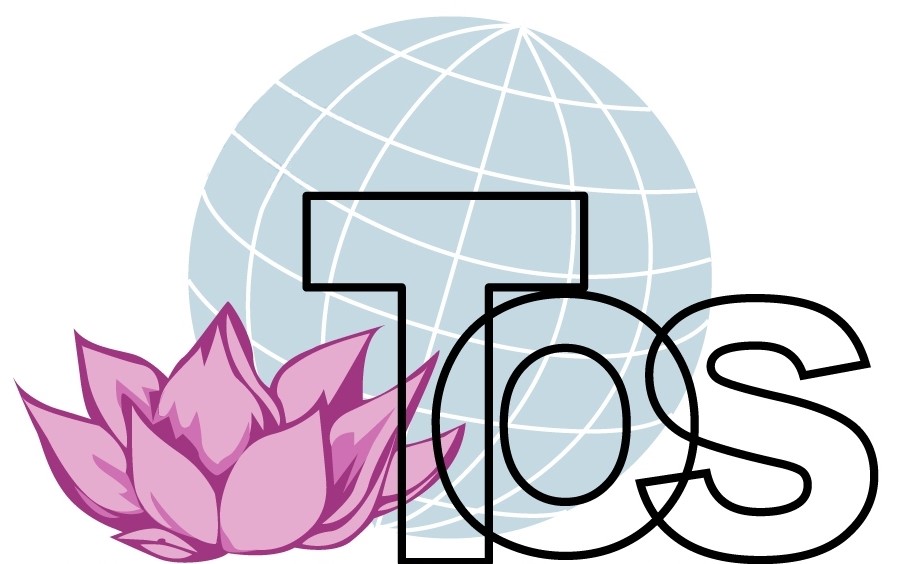They were young children in 1994 when Rwanda experienced the genocide that left 800,000 of them orphaned. In the wake of the violence, Rwanda’s social structure collapsed, severely affecting schools, health care, and the economy. Meeting the basic needs of food, shelter, clothing and education overshadowed the daunting task of healing the orphaned children’s traumatic memories, injuries, illnesses, and fears. UNICEF estimates that 96% of the children witnessed the massacres, and many children who survived were mutilated and raped, resulting in an unprecedented level of trauma among child [node:read-more:link]

 Many spiritually-minded parents and teachers among our members are concerned with helping children discern positive goals in their lives and helping them in positive ways to meet the challenges of modern society with equanimity and insight. The nurturing of children's needs for inner growth and helping them to build a meaningful future for themselves and for humanity is a vital concern, for this only may they avoid destructive, negative ways of life. Articles in For the Love of Life give current information and suggestions for raising children with a greater understanding of the inner side of evolution.
Many spiritually-minded parents and teachers among our members are concerned with helping children discern positive goals in their lives and helping them in positive ways to meet the challenges of modern society with equanimity and insight. The nurturing of children's needs for inner growth and helping them to build a meaningful future for themselves and for humanity is a vital concern, for this only may they avoid destructive, negative ways of life. Articles in For the Love of Life give current information and suggestions for raising children with a greater understanding of the inner side of evolution.